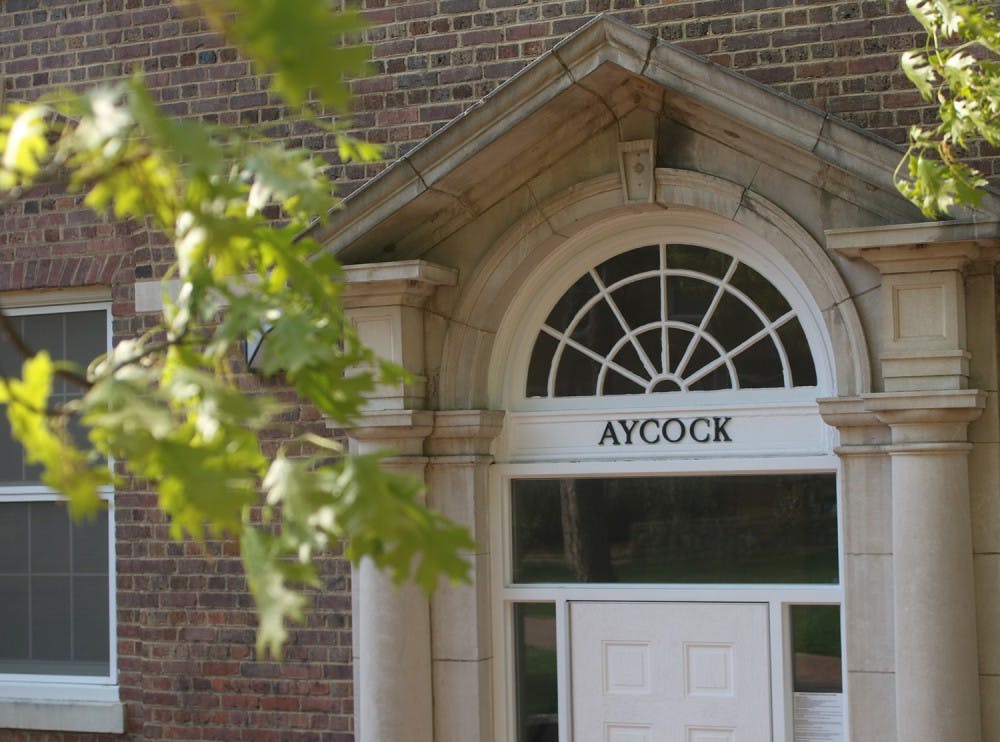In February, UNC-Greensboro became the third university in the state, after Duke University and East Carolina University, to remove education proponent Charles Brantley Aycock’s name from a campus building. UNC has a residence hall named for the UNC graduate, who led the state from 1901 to 1905.
A March blog post by Nicholas Graham, a University archivist, described Aycock’s prominence in an 1898 white supremacy campaign and his role in disenfranchising African-American voters. Graham’s post stated that UNC leaders appeared to ignore this history in the early 20th century, when the residence hall was named.
Graham said recent name changes at other universities motivated him to look into the University Archives.
“I expected that students, The Daily Tar Heel and people would have questions about this so I thought I’d at least take a preliminary look to see what we can find on Aycock in the University Archives, and there’s a lot,” he said.
History professor and Chancellor’s Task Force on UNC-Chapel Hill History co-chairperson Jim Leloudis said Aycock was remembered for being the education governor, but he said it is not possible to look at Aycock’s work in education without noting his actions supporting white supremacy.
“For Aycock and for those around him, being a champion of public education and being a champion of white supremacy, those two things really weren’t separable,” he said.
University historian Cecelia Moore, the task force’s project manager, said time has helped change people’s perspectives on Aycock’s views.
“It has been clear for a number of years that Aycock played a central role in white supremacy campaigns. I think that people came to understand that they no longer wanted to honor him as much as the previous generations had,” she said.




